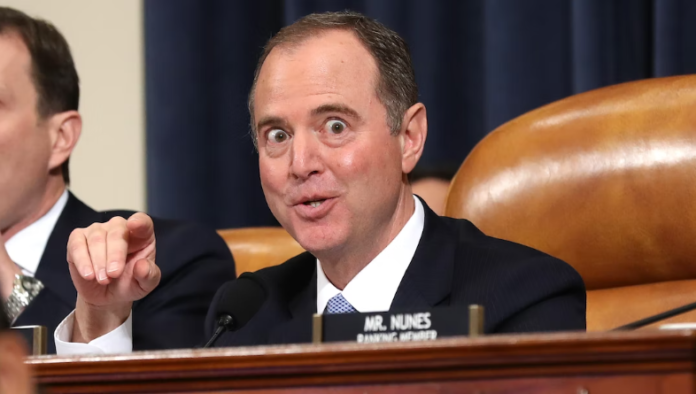The digital age has brought with it a wave of new opportunities when it comes to communication, media consumption and entertainment, however the potential risks associated with social media platforms have long been a concern among parents and health professionals. In recent remarks, U.S. Surgeon General Vivek Murthy suggested that children under sixteen should be barred from accessing platforms such as Facebook and Twitter due to their addictive algorithms and the potential for cyberbullying or other negative psychological effects on young people who are still developing their sense of self-identity. This opinion piece takes an in-depth look into Murthy’s suggestion in light of research into the effects of social media use on youth, providing conservative perspectives on this controversial issue.
It is no secret that social media can be an effective tool for networking, sharing news and staying in touch with friends; this is especially true for adolescents who are just beginning to explore the world outside their own homes and communities. However, Murthy’s warning against allowing youngsters under sixteen access to these platforms should not be overlooked by parents or policymakers alike. Recent research published by The Journal of the American Medical Association sampled 178 twelve year olds from three public middle schools in North Carolina and found that habitual checking behaviors led to initial hypoactivation but increasing sensitivity over time in those individuals; nonhabitual users showed no such effects. The study also noted that adolescents who used social media more often exhibited lower levels of self-esteem, increased feelings of loneliness, depression symptoms, poor body image and sleep disturbances – all issues which could manifest into much bigger problems during later stages of development if left unchecked.
In addition to mental health risks associated with using social media too frequently at a young age, there are also concerns about the addictive nature of some platforms themselves; algorithms designed to keep users engaged often lead them down a path towards addiction similar to what we would see with substances like cocaine or alcohol abuse. These algorithms can pit adolescents against Big Tech companies which can create skepticism amongst young people even before they reach adulthood – something which could potentially damage relationships between generations if not handled properly.
Murthy’s suggestion that kids under sixteen should not use social media certainly raises eyebrows but there is evidence backing up his claim; parents should take notice before allowing their children access to these platforms since addiction isn’t something easily cured once established amongst youth. Additionally, research points towards negative psychological effects associated with frequent usage so parents should establish limits when it comes to how often their children use these services and monitor them closely while they do so in order to ensure that they remain healthy both mentally and physically as they grow older.


